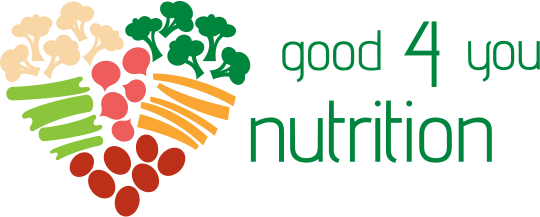Food Intolerance Testing
The food intolerance test is a precise and accurate test using the ELISA method to identify any food and inhalant allergies. The body has a way of triggering an immune system response when it comes in contact with something that it does not like. This immune response triggers the release of antibodies which puts strain on the body over a continued period of time and potentially cause more serious health concerns.
Medicines, infections, mycosis, stress and environmental poisons wreck the integrity of the intestinal wall which as a result cause food components to slip between the intestinal cells. Sometimes when this happens it triggers an immune system response and the immune system starts to produce specific IgG antibodies against them. As a result our immune complexes can become damaged and result in low grade inflammatory conditions which can become chronic.
If you suffer from any of the following signs and symptoms you may have a food intolerance:
- Gastrointestinal (pain, nausea, cramping, vomiting, diarrhoea and inflammation)
- Respiratory (nasal congestion, sneezing and difficulty breathing)
- Hives
- Swelling of skin and mucous membranes
- Eczema/dermatitis/psoriasis
- Asthma
- Dizziness
- Fainting
- Headaches and migraines
- Excess weight
Symptoms appear up to three days after the consumption of a trigger food.
There are 3 mains options to choose from with this test:
- OPTION 1: The 44 most common trigger foods
A mix of meats, vegetables, fruits, cereals, dairy products and chicken egg.
- OPTION 2: The 90 most important foods
Typical kinds of meat, vegetables, fruits, cereals, dairy products and chicken egg.
Vegetarian test also available.
- OPTION 3: The 270 foods and additives
Typical kinds of meat, vegetables, fruits, cereals, dairy products and chicken egg. Also includes their alternatives, region-specific foods, spices, tea, coffee, wine and also thickening agents and preservatives.
How is the test completed?
This test is completed by collecting and testing blood serum. QML Pathology assists with this blood sample. The test is then sent away to a laboratory in Germany for results and a comprehensive report will be sent back. Upon receipt of the report (usually 3 weeks after test is sent) we can discuss the best way to minimise exposure to any foods that are triggering an immune system response and have you on the road to better health.
Can babies and young children be tested?
Answer is yes. IgG antibodies are passed through the mother’s placenta during the last trimester of pregnancy. Therefore young children who may be experiencing bad reflux or stomach pain as a baby may be reacting from a food intolerance that their mother has that she isn’t aware of.
Young children who start on solid food that experience some sort of gastrointestinal signs and symptoms such as; stomach pain, bloating, reflux and eczema again could be reacting to an intolerance that their mother has.
Therefore we can test the mother to find out what potential intolerances their young baby/child has.
For a young child to be tested it is recommended that they have not had a vaccination for 9 months to get the most accurate results.
